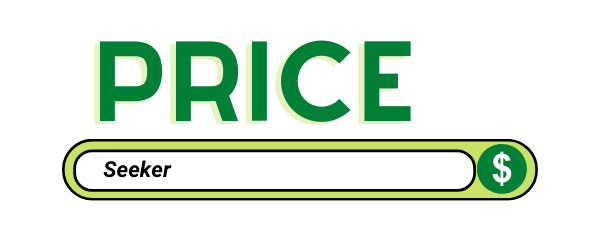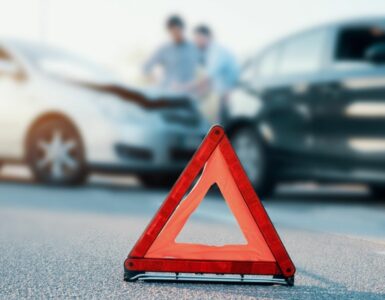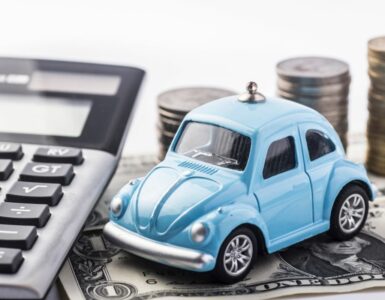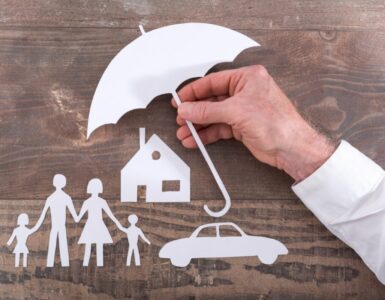So you are about to buy a car, or you want to renew your auto insurance for the next financial year. Whichever the case, there are some basic components that you need to know before taking up an insurance policy. When getting into a contract with your insurer, you must understand what coverage you will be signing up for.
States have different guidelines that regulate car insurance; therefore, you also need to learn the state policies on car insurance. For example, in New York, it is a legal requirement for drivers to have active car insurance. This should cover minimum liability coverage for bodily injury and property damage. So let’s take a look at the various components of an auto insurance policy that you will frequently hear about in your quest to find a policy.
Bodily Injury Liability
Bodily injury liability, among other liability coverage, is imperious. The coverage will cover all the expenses of the other person injured in an accident if you are found liable this will include; medical expenses and their income if they are debilitated and unable to work during the injury period. The coverage can also cover any legal fees if you are taken to court for an injury caused. It will also cover pedestrians, drivers and passengers of the other vehicle.
If you cause an accident, bodily injury liability does not cover you or your family members. Some state laws provide for the minimum amount of liability coverage that you can take. Therefore it is best to check your state laws and sit down with your insurer to determine the coverage amount you will take. Noteworthy, if the injured person’s medical expenses exceed the coverage amount, you will have to dig into your pockets to cover the shortfall.
Property Damage Liability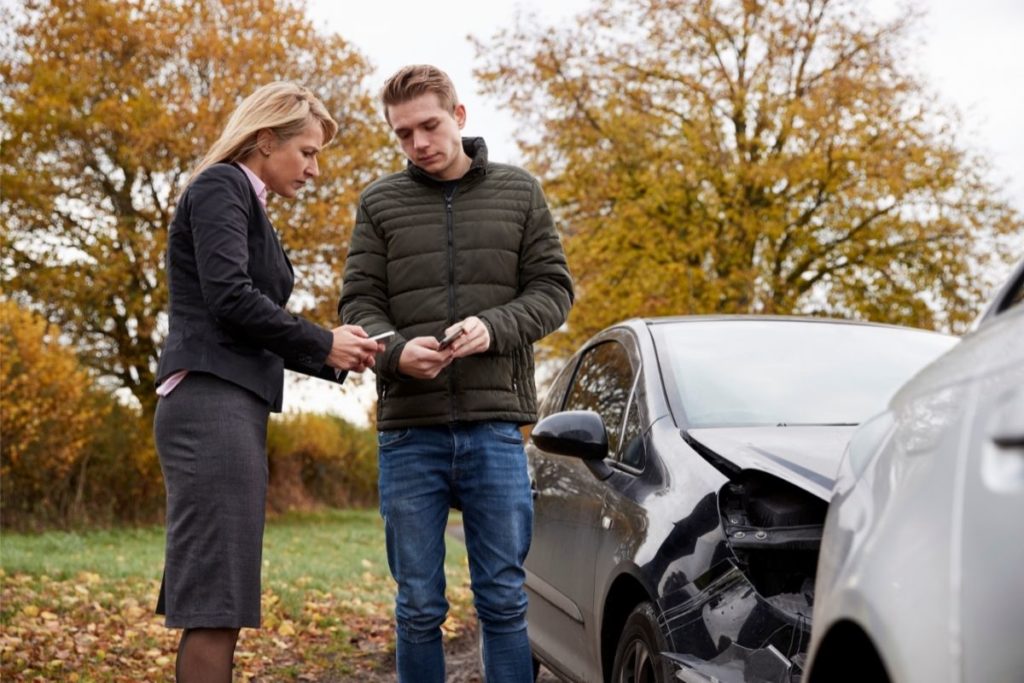
Property damage liability covers the damaged property of the other party involved in an accident. For example, if you run into a person’s front yard or knock someone’s car. The coverage will cover the repairs of that specific damaged property. You can choose the coverage limits when buying the insurance, or you can adjust it with your agent’s help later after signing up for it.
States have different minimum limits required for property damage liability. For example, California requires a driver to have a minimum of $5000 property damage liability, while in Texas, one must have a minimum of $25,000. A limit is the maximum amount your insurer is required to pay for covered damage. It is okay to purchase a higher limit than what the state laws provide. The upside of purchasing a higher limit is that you will not have to dig into your pocket in case of expensive repairs.
Comprehensive Cover
Comprehensive insurance is a car insurance cover that gives you, your car, and third parties protection against any possible risk regardless of who was at fault during the accident. Therefore, you will not have to pay for any medical expenses or car repairs in case of an accident. Hence the reason why it costs more than the other coverage. Additionally, it gives a wide array of protection you will be able to make claims in case of;
- Theft
- Damage due to natural calamities such as floods and hurricanes
- Fire
- If the car is damaged during civil disturbances such as riots
Uninsured Motorist Coverage
This type of insurance covers any expenses you will incur either medically or property damage if you are involved in an accident with an uninsured driver or motorist. Moreover, it will also provide coverage in case the uninsured motorist insurance limit is too low. The insurance of the person at fault will cover expenses up to the limit they have set, and in case of any excess, your insurance company will come in to settle the remaining amount.
Collision Insurance
Collision insurance covers any repairs required if your car is damaged during an accident with another car or property. If you are leasing a car, the lender will require this type of insurance coverage from you. However, if you have already paid off your car, you will not necessarily need this type of coverage. Also, collision insurance does not cover any medical bills.
Bottom Line
For the sake of your peace of mind, it is better to take up at least one of these insurance covers in case the unthinkable happens. Of course, we cannot anticipate an accident, but it is better to be safe if it happens. Sometimes medical bills and other repair expenses can be costly way out of your income range. Not repairing your car after it’s damaged can be disturbing, especially if you have already invested so much in it before the accident. It is also illegal to drive without insurance cover. Hence, you need to avoid being on the wrong side of the law since the fines will be hefty.
